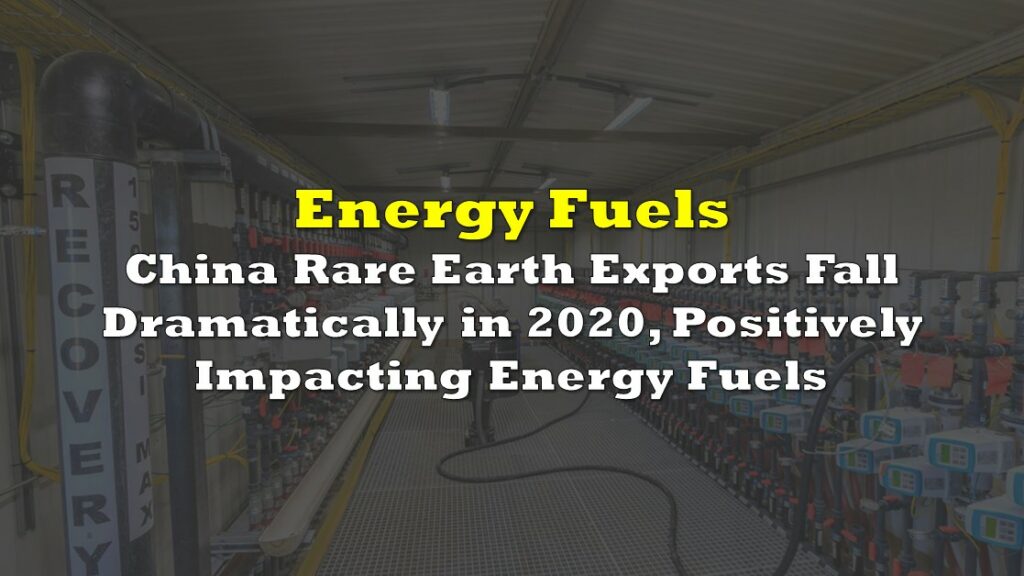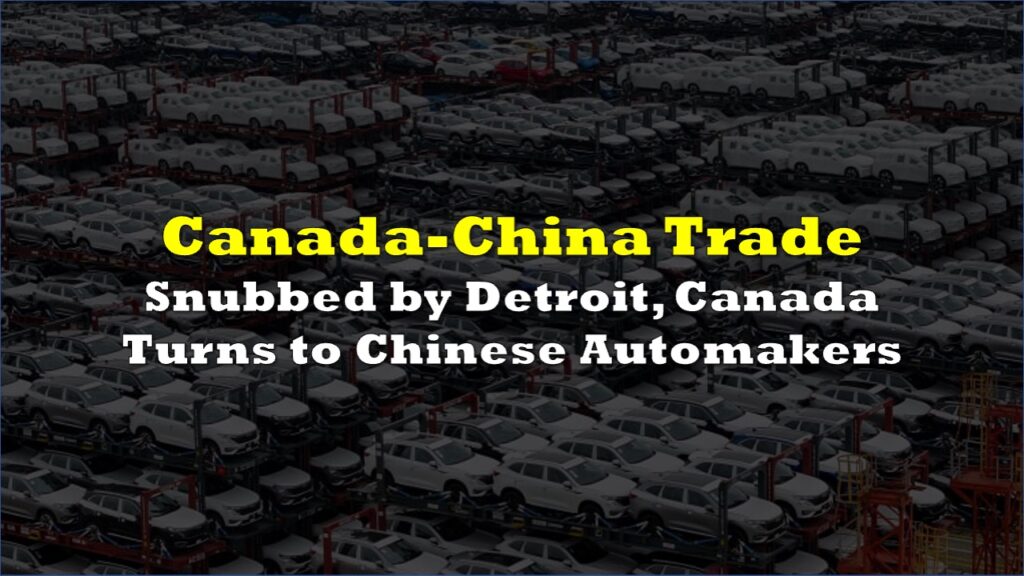China has officially declared that its rare earth resources are state-owned, as detailed in a new regulation set to take effect on October 1 later this year.
The recently announced regulation stipulates that “no organization or individual may encroach upon or destroy rare-earth resources,” according to the official document. This latest measure will enhance China’s control over these critical materials, essential for manufacturing a wide array of high-tech products, including electric vehicles, wind turbines, and advanced weaponry.
More protectionism..
— Oliver Groß (@minenergybiz) July 1, 2024
China says rare earths belong to the state in new regulation ⚠️🇨🇳
Rule takes effect Oct. 1 and covers entire supply chain..https://t.co/7aHLel27jM #china #mining #commodities
The Chinese government further said that managing rare-earth resources “shall implement the lines, principles, policies, decisions and arrangements of the [Chinese Communist] Party and the State… and follow the principles of overall planning, ensuring safety, scientific and technological innovation, and green development.”
This comprehensive rule encompasses the entire supply chain, from mining and smelting to processing, distribution, and export, thereby reinforcing the state’s dominion over every aspect of rare earth production.
This move comes in response to U.S. efforts to curb Chinese access to advanced semiconductor technology, which has heightened the stakes in the ongoing tech rivalry between the two superpowers.
Historically, China’s underground resources, including rare earth elements, have been considered state property. However, the explicit statement of ownership in this regulation marks a significant policy clarification, intended to curb illegal mining and smelting activities prevalent in the private sector.
The regulation’s introduction follows China’s imposition of stricter controls on rare earth exports in 2023, alongside an export ban on technologies critical for manufacturing high-performance magnets and other advanced products. The draft version of this regulation was initially released in 2021, reflecting a long-term strategic approach to resource management.
This decision comes in months after China announced a ban on the export of technology crucial for the production of rare-earth magnets. This decision, coupled with additional restrictions on various industrial metals, appears to be a response to efforts by the U.S. and Japan to decrease their dependence on Chinese suppliers.
Despite efforts by the U.S. to establish its own rare-earth mines, challenges persist including lack of sufficient refining facilities, partly due to environmental concerns. Currently, the U.S. relies heavily on China for the processing of its rare-earth output. Last year, China emerged as the largest trading partner for both rare-earth exports and imports for the U.S., according to data from a Chinese research firm.
China’s dominance in the rare earth market is substantial, with the country accounting for approximately 70% of global production in 2023, according to the U.S. Geological Survey. This monopolistic control poses a significant challenge for nations like the United States, which, despite expanding its rare earth mining activities, remains heavily dependent on China for processing and refining these materials.
Information for this briefing was found via the Nikkei Asia and the sources mentioned. The author has no securities or affiliations related to the organizations discussed. Not a recommendation to buy or sell. Always do additional research and consult a professional before purchasing a security. The author holds no licenses.









